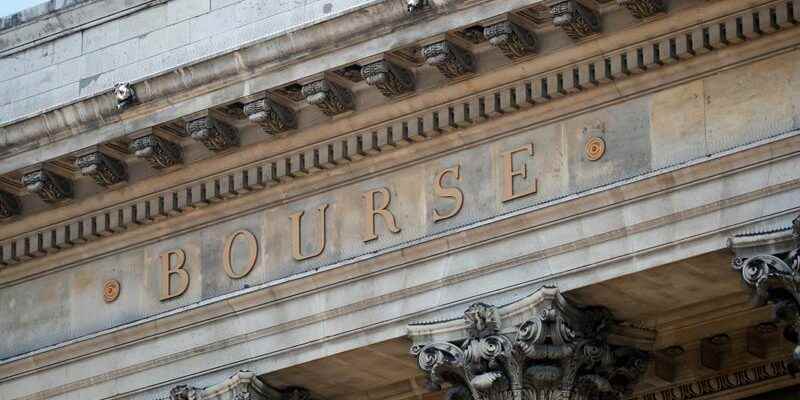PARIS (Reuters) – The main European stock markets opened lower on Friday in a climate of risk aversion linked to an almost synchronized rise this week in the rates of several major central banks around the world.
In Paris, the CAC 40 lost 0.31% to 5,899.96 around 07:25 GMT. In London, the FTSE 100 dropped 0.07% and in Frankfurt, the Dax fell 0.39%.
The EuroStoxx 50 index fell by 0.46%, the FTSEurofirst 300 by 0.17% and the Stoxx 600 by 0.31%.
Over the week as a whole, the Parisian CAC 40 is down at this stage by 2.77% and the pan-European Stoxx 600 index by 2.26%.
In Asia, the MSCI index hit a low since mid-2020 on Friday and is down 12% since the start of the month.
The United States, United Kingdom, Sweden, Switzerland and Norway, among others, this week announced interest rate hikes ranging from 50 basis points to 100 basis points in order to curb high inflation which threatens to take root.
But at the same time the signs of a deterioration in the economic situation, or even of a recession, are growing in the world with multiple warnings from major institutions and companies.
The monthly PMI indices on manufacturing activity and that of services in Europe are due to be published this Friday and the Reuters consensus expects a further contraction in the euro zone of the composite PMI index to 49.0 in September after 49.6 the month previous.
On the Stoxx 600, defensive sectors such as healthcare (+0.58%) are up, while on the opposite, energy (-1.66%) and banks (-1.08%). %) are victims of profit taking.
In values, Credit Suisse lost 6.71%, Reuters having reported that the group had contacted some of its shareholders for a possible new capital increase.
M6 takes 10.26% while, according to sources, its shareholder RTL Group is awaiting non-binding purchase offers on Friday for its 48.3% stake in the channel after the failure of the latter’s merger project with TF1 (-0.62%).
On the bond market, the yield of the ten-year German Bund, a benchmark for the entire euro zone, crossed the 2% mark for the first time since 2013 on Friday, at 2.011%, before falling to 1.935. % around 07:30 GMT.
(Written by Claude Chendjou, edited by Kate Entringer)
